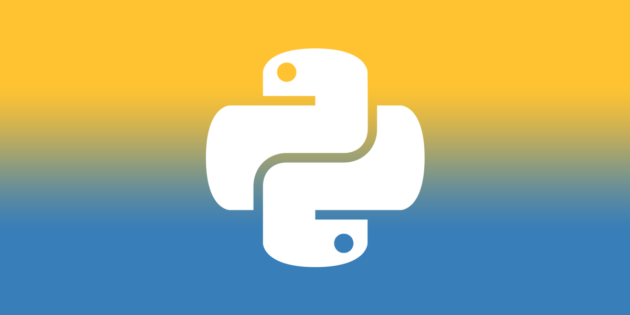5 Fantastic Programming Languages Best for Cybersecurity
Step into the shoes of a digital defender and discover which programming language is best for staving off evil cyber forces. You’ll need to be armed with the right tools, like any superhero. But don’t worry. There are plenty of options available! Sharpen your skillset by selecting from an array of robust programming languages for cybersecurity that can help protect our online world against malicious hackers.
Are you a tech innovator looking to seize the countless opportunities in cybersecurity? Or an experienced programmer interested in mastering cutting-edge security techniques with the right language of code? Whatever your background, selecting the perfect programming language is key. It’s essential for safeguarding systems and guaranteeing that your work remains sound and secure – taking your career to unprecedented heights!
It’s essential to choose the right programming language for any cybersecurity project. Depending on which tasks need accomplishing, some languages are better suited than others. Such as web applications more effectively written with secure code using a specific language or networks benefitting from programs designed in other tongues. Evaluating your goals and objectives allows you to create optimized security solutions tailored to serve the unique needs of each situation.
When it comes to cybersecurity, the right programming languages can make all the difference. With easy-to-learn and use features, as well as a range of robust security measures that are compatible with existing systems, you’re sure to get ahead in this exciting field. Finding the perfect language means setting yourself up for success now while ensuring your ability to stay on top of rapidly evolving technologies down the road – making important strides toward achieving career growth and ascendancy
Well, buckle up folks! We are about to dive deep into the world of code and discover the programming language that will turn you into a cybercrime-fighting machine.
What is a programming language?

Programming languages are the creative and powerful tools used by developers to create software applications. By following a set of rules, these computational dialects can transform user input into various types of output – ranging from website interfaces to sophisticated algorithms that automate tasks.
Programmable machines equipped with specific instructions make it possible for us to use programming language capabilities in even more distinct ways – enabling computers across the world to do amazing things!
The first commercial computer, the Ferranti Mark I, contained 4000 valves and developers programmed it using punched cards. Early electronic computers were programmed in assembly languages, which are essentially abbreviations for machine code that allow a programmer to write code using fewer characters and symbols. Use an assembler to convert assembly language into machine code before it can be run on a computer.
High-level programming languages are powerful tools that make it easier for humans to communicate instructions clearly and logically with computers. By providing an intermediary language between humans and machines, they break down the communication barrier by allowing users access to more complex concepts without needing extensive knowledge of assembly code.
Some examples of such languages include FORTRAN, COBOL, LISP, C++, and Java. All requiring translation into executable machine instruction using a compiler before execution on a computer system is possible.
Best programming languages for cybersecurity

Picking the right coding language for your cybersecurity system is a crucial decision to make. While there may not necessarily be one “best” option, engineers often turn to certain languages that are more popularly used in this field – making sure they fulfill their specific requirements when it comes down to protecting and defending against cyber threats.
Cybersecurity requires a robust understanding of programming languages. But with three major contenders – Python, Java, and C++ – it can be difficult to choose the best.
Each language has its own strengths. For example, Python is renowned for its readability while java provides excellent platform independence. On the other hand, there are also tradeoffs such as potential memory problems associated with C++ coding compared to python’s more user-friendly syntax. The right choice depends on specific project needs so consider carefully before settling on one option!
1. Python

Python is a powerful and intuitive language, that allows developers to bring their ideas to life. Its user-friendly syntax makes it an excellent choice for entry-level coders looking to take the plunge into cybersecurity projects. With immense flexibility and industry-leading modules at its disposal, creative minds can create anything from websites or games to mobile applications with ease using this great programming tool.
Pros and cons of Python
Pros: Python is one of the most popular programming languages, boasting a vast community of developers and providing quick access to helpful libraries. Its intuitive syntax makes it easy to pick up for those just getting started with coding, while its powerful features allow experienced coders to operate at top speed!
Cons: Python is a versatile language that provides unique capabilities for developers. Yet the interpreted nature of python can lead to slower performance compared with compiled languages such as C++ and its weak type checking may introduce debugging challenges. Taking these drawbacks into account helps ensure you select the best programming language for your needs.
Read Full Article HERE